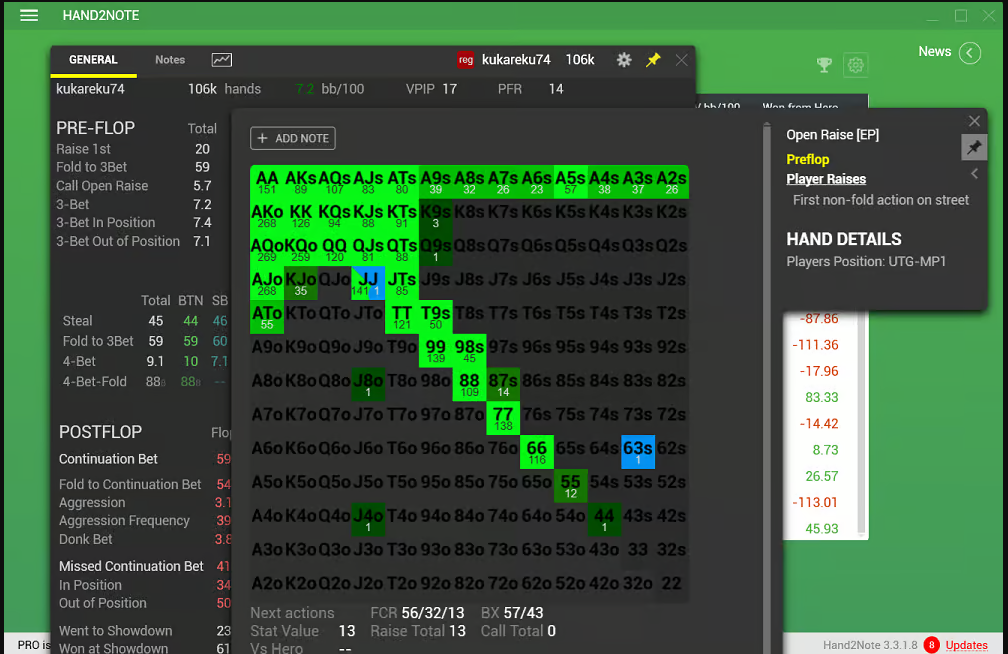
How to Improve Your Poker Game

iGameLink Admin
3/22/2024
Improving your poker game is a mix of sharpening your skills, mental discipline, and a continuous learning process. Here are some key tips to help you up your game, whether you're playing casually with friends or aiming to dominate in more competitive settings:
Study the Fundamentals: Make sure you've got a solid grasp on the basics. Understand hand rankings, the importance of position, and the flow of betting rounds. There are plenty of resources online, including courses, books, and forums where you can deepen your understanding.
Practice Consistently: Like any skill, poker improves with practice. Play as much as you can, ideally against players who are better than you. This will expose you to different playing styles and strategies. Online poker platforms are great for this, as they allow you to play hands at any time of day.
Review Your Hands: After your sessions, take time to review your hand histories. Identify mistakes or spots where you could have made a different decision. This is where poker tracking software can come in handy, helping you analyze your play over time.

Manage Your Bankroll: Good bankroll management is critical. Only play at stakes where you can afford to lose and where the level of play is suitable for your skills. This approach helps prevent the game from becoming a financial burden and allows you to play your best without the stress of losing money you can't afford to.
Emotional Control: Poker can be a rollercoaster of emotions. Learning to control your emotions and not let them affect your decision-making is crucial. Don't chase losses, and don't let the highs of winning make you overconfident.
Learn from Others: Watch streams of professional players, join poker forums, and read poker blogs. Seeing how experienced players handle various situations can give you new perspectives and strategies to incorporate into your own game.
Adapt and Evolve: Poker is an ever-evolving game. What worked yesterday might not work today. Always be willing to adapt your strategy based on the table dynamics and the tendencies of your opponents.
Physical and Mental Fitness: Poker requires concentration and mental stamina, especially during long sessions. Regular exercise, good nutrition, and adequate rest can significantly impact your performance at the table.
Network with Other Players: Joining a poker community can be incredibly beneficial. Sharing experiences and strategies with fellow players can accelerate your learning curve. Plus, it's always more fun to share your passion with others who understand it.

Remember, improvement is a journey, not a destination. Stay curious, stay humble, and enjoy the process of becoming a better player. Poker is not just about winning pots; it's about the thrill of the game, the strategies involved, and the community you build along the way. Keep pushing your limits, and you'll find your game improving in no time!


